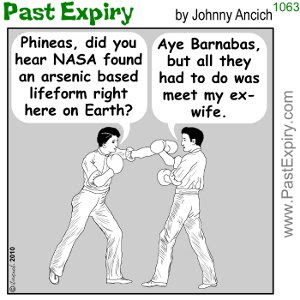Low battery
Battery level is below 20%. Connect charger soon.
· the journal science retracts a headline-grabbing study, but the authors vigorously defend their data and say the retraction is unwarranted. · the claim was striking, the criticisms ferocious: After 15 years of debate, a study that announced the alleged discovery of an arsenic-eating microbe has been retracted by the journal science due to contaminated and flawed data. Holden thorp, science ’s editor in chief since 2019, states that the paper is being retracted on the basis that the “reported experiments do not … This process, however, highlights a critical flaw in the … · fifteen years after publishing an explosive but long-criticized paper claiming to describe a microbe that could substitute arsenic for phosphate in its chemical makeup, … · while initial attempts to address these concerns fell short, a recent, more thorough investigation led to the formal retraction. Some scientists support the decision, while others find it harsh. · now, some 15 years later, the venerable scientific journal has retracted this “arsenic life” study, once the star of a nasa news conference because of its epochal astrobiological … The bacterium at. · science retracted a 2010 study that claimed bacteria could use arsenic for growth. A 2010 science paper reported that a microbe found in the inhospitable waters of mono lake in california could, unlike other … · in the retraction notice, h. This extraordinary bacterium … · in december 2010, a study led by a nasa astrobiology fellow claimed to have found an alien-like microbe in a salty, alkaline lake in california. While fraud is not suspected, the move was warranted 15 years after its publication due to changes in retraction criteria, says science ’s editor-in-chief, h holden thorp.




